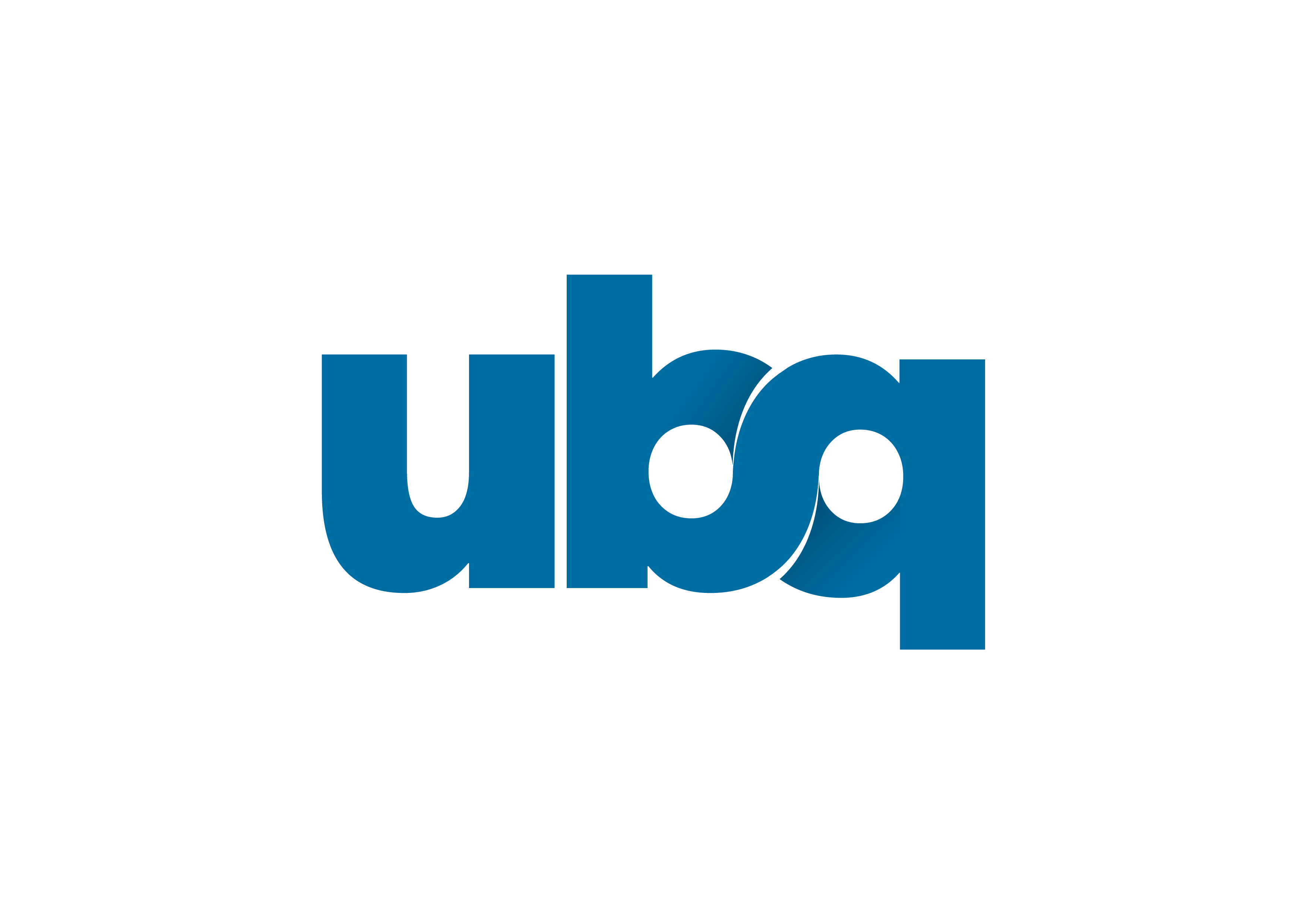

UBQ MATERIALS LTD

TEL AVIV-JAFFA, Israel
August 2018
Other recycling
Manufacturing
Israel,
Netherlands The,
United States
UBQ has developed a revolutionary solution that converts Residual Municipal Solid Waste (RMSW), destined for landfills, into the novel and patented UBQ Material. The mixed waste stream, including the organics fractions like food waste, garden trimmings, paper, cardboard, diapers, dirty plastics, as well as packaging materials are converted from seemingly heterogeneous waste streams into an entirely homogeneous material that can be used in existing plastic processing equipment. During the conversion process, the unsorted residual waste stream is reduced into many of its more basic natural components. At an almost molecular level, these natural components reconstitute themselves and bind together into a new composite material. The UBQ solution effectively enables industry to reuse wasted materials over and over again. By converting the waste into this commercially viable and valuable material, they provide the missing link between waste disposal through to new product manufacturing, transitioning from a linear extraction and consumption system to a truly circular economy. UBQ's industrial pilot is set in Israel with annual production capacity of 5,000 tons. Built as a modular and highly scaleable system, UBQ's production capacity can be readily scaled to meet growing demand.
Overall B Impact Score
Governance 9.6
Governance evaluates a company's overall mission, engagement around its social/environmental impact, ethics, and transparency. This section also evaluates the ability of a company to protect their mission and formally consider stakeholders in decision making through their corporate structure (e.g. benefit corporation) or corporate governing documents.
What is this? A company with an Impact Business Model is intentionally designed to create a specific positive outcome for one of its stakeholders - such as workers, community, environment, or customers.
Workers 32.4
Workers evaluates a company’s contributions to its employees’ financial security, health & safety, wellness, career development, and engagement & satisfaction. In addition, this section recognizes business models designed to benefit workers, such as companies that are at least 40% owned by non-executive employees and those that have workforce development programs to support individuals with barriers to employment.
What is this? A company with an Impact Business Model is intentionally designed to create a specific positive outcome for one of its stakeholders - such as workers, community, environment, or customers.
Community 14.6
Community evaluates a company’s engagement with and impact on the communities in which it operates, hires from, and sources from. Topics include diversity, equity & inclusion, economic impact, civic engagement, charitable giving, and supply chain management. In addition, this section recognizes business models that are designed to address specific community-oriented problems, such as poverty alleviation through fair trade sourcing or distribution via microenterprises, producer cooperative models, locally focused economic development, and formal charitable giving commitments.
Environment 49.5
Environment evaluates a company’s overall environmental management practices as well as its impact on the air, climate, water, land, and biodiversity. This includes the direct impact of a company’s operations and, when applicable its supply chain and distribution channels. This section also recognizes companies with environmentally innovative production processes and those that sell products or services that have a positive environmental impact. Some examples might include products and services that create renewable energy, reduce consumption or waste, conserve land or wildlife, provide less toxic alternatives to the market, or educate people about environmental problems.
What is this? A company with an Impact Business Model is intentionally designed to create a specific positive outcome for one of its stakeholders - such as workers, community, environment, or customers.
Customers 2.4
Customers evaluates a company’s stewardship of its customers through the quality of its products and services, ethical marketing, data privacy and security, and feedback channels. In addition, this section recognizes products or services that are designed to address a particular social problem for or through its customers, such as health or educational products, arts & media products, serving underserved customers/clients, and services that improve the social impact of other businesses or organizations.